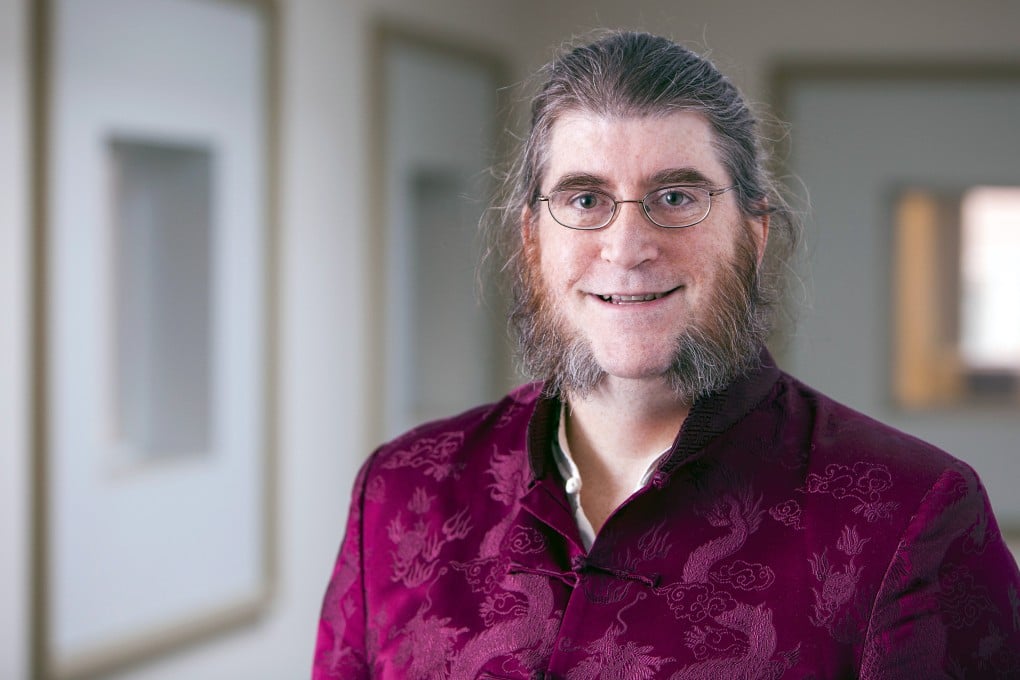Chinese university ‘misses out’ on Nobel Prize after US economist Philip Dybvig leaves a year before winning
- The cause of Philip Dybvig’s departure from his post at the Southwestern University of Finance and Economics is not known, but may be down to Covid controls
- The academic, a recruit from the Thousand Talents programme, may be ‘the closest a Chinese university comes to a Nobel’, according to one commentator

Philip Dybvig, a professor at Washington University in St Louis, was awarded the prize on Monday along with Ben Bernanke, the former chairman of the Federal Reserve, and Douglas Diamond for their research on the relationship between banks and financial crises.
Dybvig, who is often pictured in Chinese-style clothing and wears a long braid, left his role as a part-time director of the Institute of Financial Studies at the Southwestern University of Finance and Economics in Chengdu last year.
However, the circumstances in which his contract with the university came to an end last year has triggered wide speculation online in China.
One theory was that his departure had been because of China’s strict Covid controls, which have made it very difficult for foreigners to enter the country.